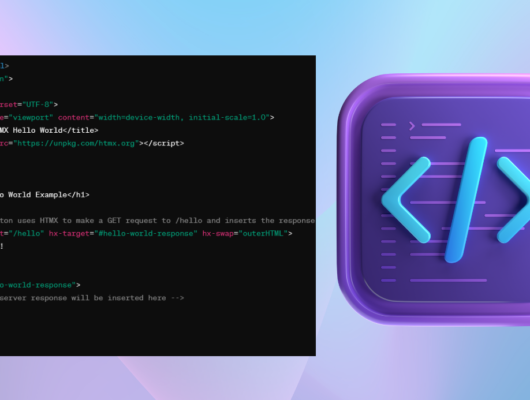Introduction: In the ever-evolving world of web development, combining powerful frameworks can lead to remarkable results. Angular, with its dynamic capabilities in front-end development, pairs exceptionally well with server-side frameworks like Laravel and CodeIgniter. This blog explores how these combinations can supercharge your web applications.
“As we dive into the synergy of Angular with Laravel and CodeIgniter, remember: ‘The art of programming is the art of organizing complexity.’ – Edsger W. Dijkstra”
Angular with Laravel:
- Overview: Laravel, a PHP framework, is known for its elegant syntax and robust features. When paired with Angular, a TypeScript-based front-end framework, it provides a seamless full-stack development experience.
- How it Works: Laravel serves as the API backend, handling data operations, authentication, and other server-side tasks. Angular, on the frontend, interacts with this API, creating a dynamic and responsive user interface.
- Sample Integration: Imagine a simple task management app. Laravel manages the database and server logic, while Angular provides a responsive interface to add, display, and manage tasks.
Code Sample:
// Laravel API endpoint
Route::get('/tasks', 'TaskController@index');
// Angular service calling Laravel API
getTasks(): Observable<Task[]> {
return this.http.get<Task[]>('/api/tasks');
}Angular with CodeIgniter:
- Overview: CodeIgniter, another powerful PHP framework, is known for its simplicity and small footprint. Coupling it with Angular can lead to fast, efficient applications.
- How it Works: CodeIgniter takes care of the server-side processes, while Angular enhances the client side, creating a comprehensive MVC structure.
- Sample Integration: Consider a simple blog application. CodeIgniter handles the creation, storage, and retrieval of blog posts, while Angular provides an interactive interface for readers.
Code Sample:
// CodeIgniter API endpoint
public function get_posts() {
// ... return posts
}
// Angular service calling CodeIgniter API
getPosts(): Observable<Post[]> {
return this.http.get<Post[]>('/api/get_posts');
}Conclusion: Integrating Angular with Laravel or CodeIgniter harnesses the strengths of both front-end and back-end development. This combination brings efficiency, scalability, and a seamless user experience to web applications, making them more robust and user-friendly.






